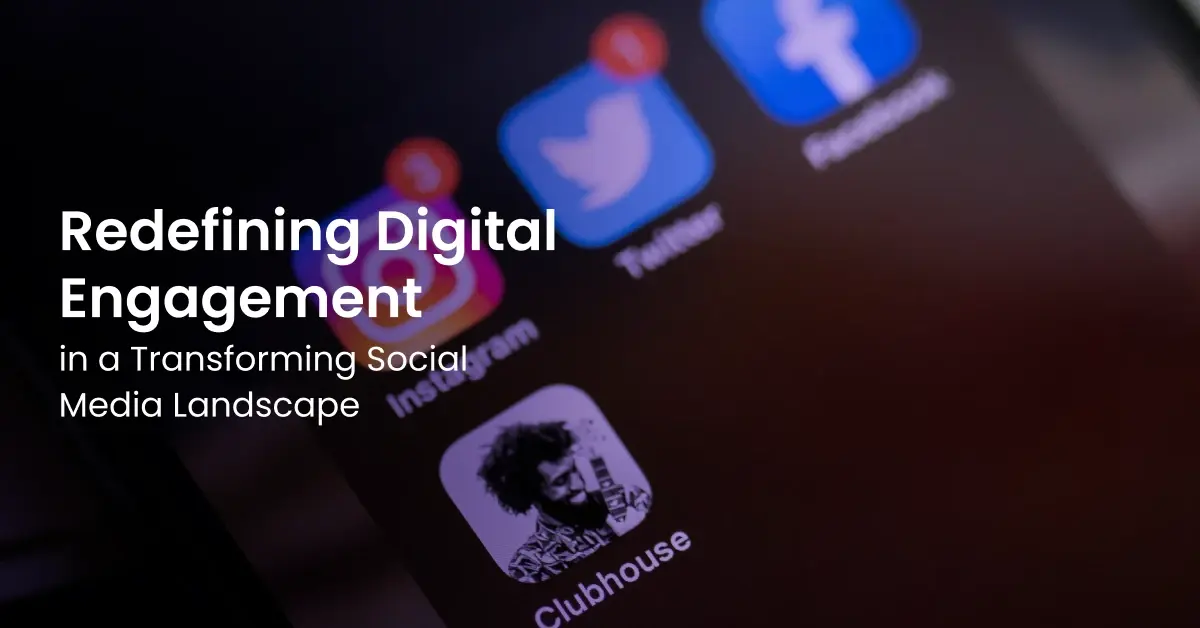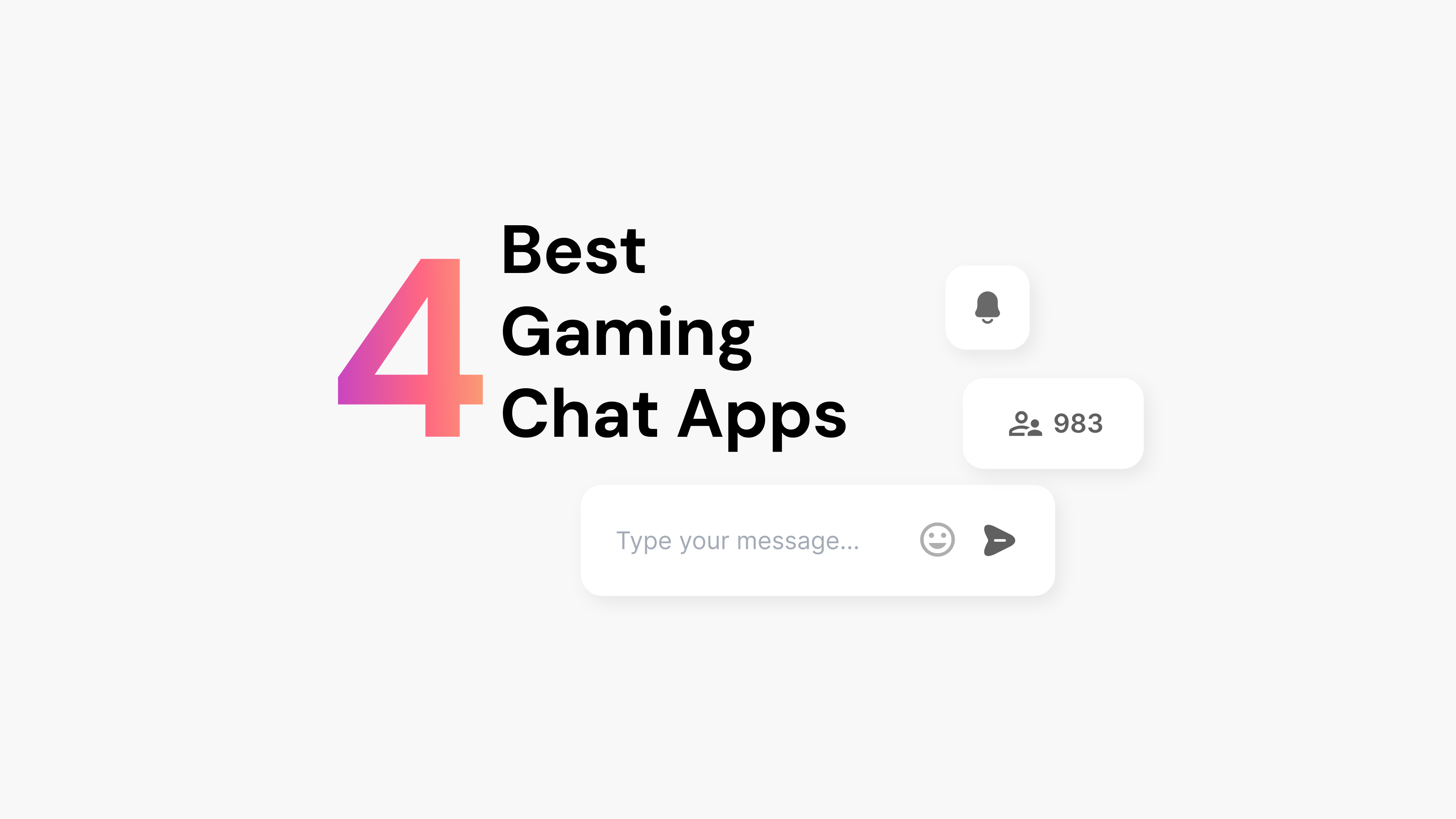The Genesis of Social Media Platforms
The early 2000s saw the inception of social media, primarily centered on creating genuine connections between individuals familiar with each other. These platforms emphasized networking rather than a media-driven experience. Checking in at favorite spots like a local café was more common than sharing a personal video.
However, as the 2010s unfolded, platforms like Instagram, Twitter, and even LinkedIn evolved to prioritize content sharing over just networking.
The Paradigm Shift to Content-centric Platforms
Over the last decade, content distribution has surpassed networking as the chief purpose of social media platforms. Increased smartphone accessibility and the race to enhance platform engagement have been instrumental in this transformation. With 85% of American adults using smartphones by 2021, the implications for social media consumption were profound. The continuous content feeds offered by giants like YouTube, Instagram, and Facebook are prime examples of platforms adapting to these changes, even as they face criticism for potential addictive qualities.
The Downward Spiral of Facebook
Facebook’s decline is a multifaceted issue. Firstly, advertiser’s discontent led to notable revenue loss. 2020 saw significant brands boycotting Facebook due to concerns surrounding hate speech. The platform’s subsequent advertising policy changes in 2022 further alienated advertisers.
Additionally, business viability concerns have arisen. Despite generating immense profit, internal decisions like the massive investment in ventures like virtual reality and the metaverse have raised eyebrows. This, coupled with the company’s layoff announcements in 2022, could potentially harm its future recruitment capabilities.
Furthermore, recurrent controversies have tainted Facebook’s reputation. Scandals like the Cambridge Analytica debacle and the revelations brought forward by whistleblower Frances Haugen have deeply impacted the company’s trustworthiness and credibility.

Twitter’s Ongoing Struggles
Unlike Facebook, Twitter’s challenges are deeply rooted. Issues like a wavering profitability record and the recent upheaval caused by Elon Musk’s takeover have placed the platform under scrutiny. Management decisions, like the hasty layoffs of over 3700 employees (nearly 50% of its workforce) according to TechCrunch, have further affected its stability. Even major companies like Apple are distancing themselves from Twitter due to the platform’s inability to effectively moderate content and combat misinformation.
The platform’s lax policies against harassment and doxing have been another area of contention. In such a volatile environment, it becomes increasingly challenging for brands to foster genuine connections.
Exploring Alternative Digital Communities
While Facebook and Twitter grapple with their respective challenges, users are flocking to platforms like YouTube and TikTok. Diversification seems to be a plausible strategy. However, depending solely on another social media giant might be short-sighted. The need of the hour is to build and nurture a digital audience on platforms that you can control.
One effective way to do this is by leveraging SEO, advertising, and other strategies to drive traffic to your own digital space. Upon their arrival, it’s imperative to provide a modern, engaging digital experience. Without it, your audience will inevitably revert to their preferred social media platforms.
The Essential Components of a Robust Community Website
Two pivotal components are vital to curate an engaging digital experience: content and community.
Engaging content is fundamental. Regularly updating your digital space with informative or entertaining content can encourage your audience to return, fostering a sense of trust.
However, content alone isn’t sufficient. A thriving community experience is equally crucial. Instead of replicating the exact model of giants like Facebook or Twitter, focusing on creating micro-communities can be more effective. And that’s where Arena Live Chat can be transformative. By integrating Arena’s live blogs, you can offer engaging digital events and cultivate a sense of community. Dive deeper into how Arena Live Chat can reshape your digital engagement strategy.
Exploring Alternative Digital Communities
As Facebook and Twitter grapple with challenges, users flock to platforms like YouTube and TikTok. Diversification is key, but relying solely on another giant is short-sighted. Building and nurturing a digital audience on platforms you control is essential.
Transformative Trends in Social Media
- Shift in User Preferences: Users crave authenticity and real-time interaction, moving away from static content.
- Technological Advancements: AI and machine learning redefine content delivery, offering personalized experiences.
- Impact of AI and Data Privacy: AI offers smarter recommendations but raises data privacy questions.
Examples of Transformations
- TikTok’s Rise: Short-form videos dominate, requiring brands to capture attention quickly.
- Clubhouse and Audio Platforms: The resurgence of audio content highlights users’ desire for intimate interactions.
Adapting to Social Media Changes
Ignoring changes is like bringing a flip phone to a smartphone fight. Adapting is necessary for enhanced user engagement, improved brand visibility, and better audience insights.
Arena’s Role in the Transforming Social Media Landscape
Arena offers tools for real-time audience engagement, AI-powered features for personalized interaction, and analytics for improved strategies. Brands like major news outlets and e-commerce giants use Arena to boost engagement, proving its efficacy.
Strategies for Success
- Embrace New Content Formats: Adapt to video-centric platforms and experiment with live content.
- Prioritize Data Privacy and Security: Build trust with transparency and implement strong security measures.
- Foster Community Engagement: Create niche communities and encourage user-generated content.
- Leverage AI for Content Optimization: Use AI to enhance reach and personalize experiences.



